An MBA in project management can help you advance your career, creating job opportunities in senior-level positions as a project or program manager. Online programs allow you to balance your studies alongside a full-time job or family responsibilities.
While the average annual cost of graduate school tuition is $20,513, the return on investment is immense as the demand for skilled project management professionals continues to rise.
How To Choose an Online MBA in Project Management Program
Choose your area of study
Project management is an exceptionally unique field due to its versatility. Many programs will allow you to select a concentration and focus on managing projects for a particular industry, such as IT, construction, or healthcare. Assessing your strengths and career goals, as well as industry trends, will help you determine the most suitable area of study for your MBA in project management.
Research schools and programs
Once you’ve decided on a specialization in project management, you can conduct focused research on the schools and programs you’re most interested in.
You should only apply to institutions that have been approved by a DOE-recognized regional accrediting organization, such as the New England Commission of Higher Education or Northwest Commission on Colleges and Universities. These organizations evaluate schools to ensure they provide students with a high-quality education. Those who attend a school that isn’t regionally accredited may be unable to access financial aid or transfer credits to another institution if needed.
Ideally, your MBA in project management program will also be accredited by a respected industry group like the Association for the Advancement of Collegiate Schools of Business (AACSB) or the Accreditation Council for Business Schools and Programs (ACBSP). These programmatic accrediting organizations have particularly high standards for business education.
To learn more about any schools that you’re interested in, you can visit the school’s website, contact an admissions counselor, follow the school on social media, or attend an in-person or virtual open house.
Prepare for tests and applications
Now that you have narrowed your college search to a shortlist, you can prepare for applications and standardized tests. To begin, carefully review the applications and deadlines for each option on your list (each school and program may have different application requirements). Then, you can effectively plan a timeline and gather the necessary documents, such as transcripts, letters of recommendation, and a personal statement.
Create a study schedule for standardized tests like the GMAT or GRE and utilize resources like practice tests, review books, and online tutorials. Consider signing up for a test preparation course to improve your readiness for the upcoming exam. These courses are designed to enhance your preparation and help you develop effective strategies for success. Also, you should contact an admissions counselor to ensure you have the most accurate information regarding requirements and deadlines.
Select your program
Before making your final decision, review your needs and goals again. Do you plan to attend school full-time or part-time? Do you want your program to be as online as possible, or are you fine with a hybrid program that has a fair amount of in-person requirements? Some programs offer asynchronous courses, which can be completed at your own pace, while others only offer synchronous courses, which involve remotely attending lectures and completing assignments at the same time as other students — which of these two online learning formats do you prefer? Your school should accommodate your scheduling needs and learning preferences.
Determine how you’ll pay for your degree
Speak to financial aid counselors at the schools you’re interested in for the most accurate and specific information about program cost. Paying for your degree can feel daunting, but with enough planning and preparation, you can alleviate a significant portion of the financial burden.
Start by completing the Free Application for Federal Student Aid (FAFSA), which determines your eligibility for federal loans and work-study programs. Additionally, research and apply for scholarships and grants specific to business or project management, including those offered by professional organizations, foundations, or your institution. Depending on your circumstances, employer tuition reimbursement programs, student loans, and part-time work or assistantship opportunities may also be available.
The Top 28 Accredited Online MBA in Project Management Programs
Institution Type
Status
- Intelligent Score
- Alphabetically By University Name
- Acceptance Rate
- Enrollment
- In-state Graduate Tuition
- Out-of-state Graduate Tuition
- In-state Undergraduate Tuition
- Out-of-state Undergraduate Tuition
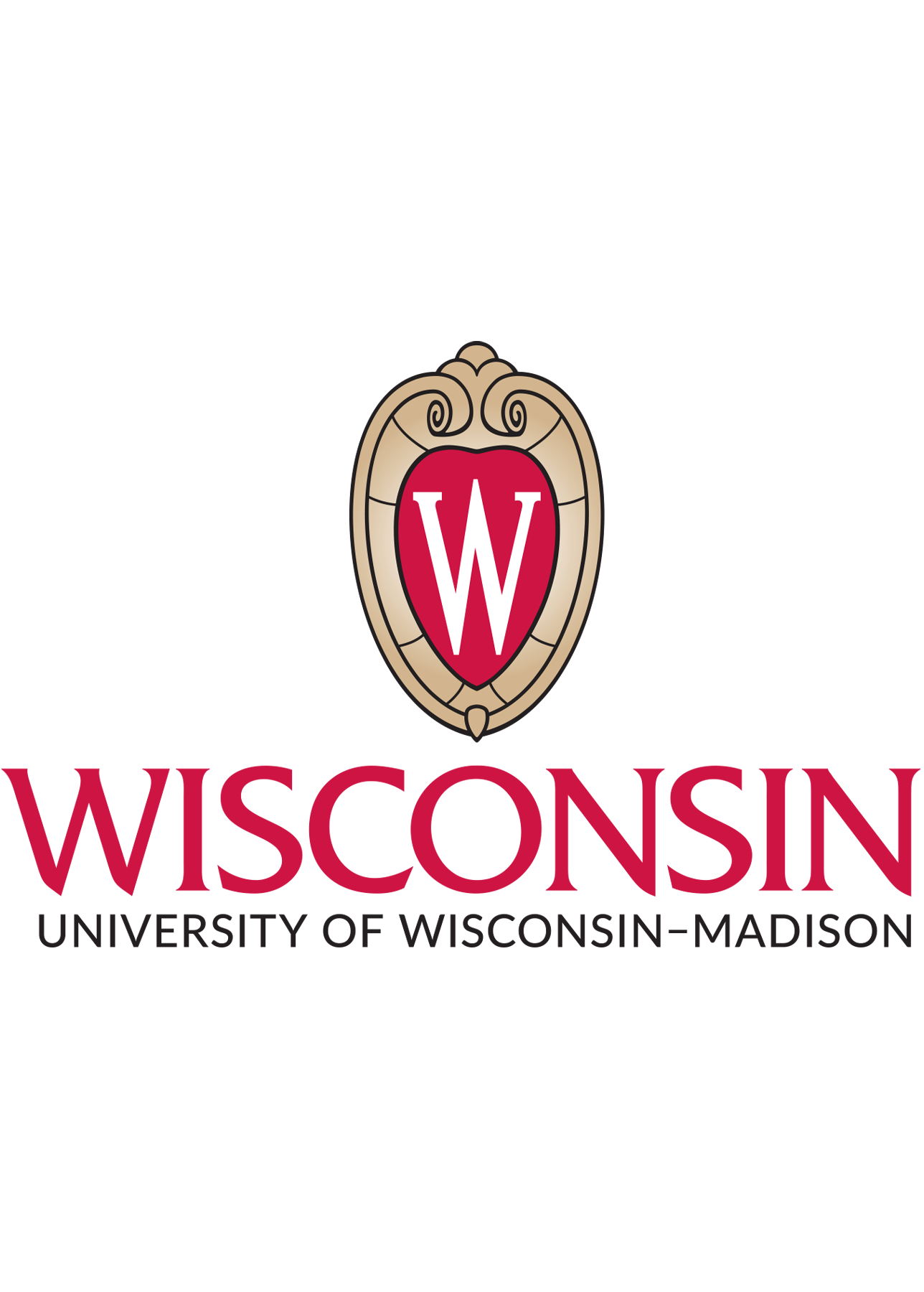
University of Wisconsin at Whitewater
Intelligent Score: 99.6Undergraduate Tuition
In-state: $9,273
Out-of-state: $37,161
Graduate Tuition
In-state: $10,728
Out-of-state: $10,728
Test scores
SAT: 1260-1460
ACT: 27-32
ESTIMATED COST PER CREDIT
$665
DELIVERY FORMAT
Online
ACCREDITATION
Association to Advance Collegiate Schools of Business
REQUIRED CREDITS TO GRADUATE
36
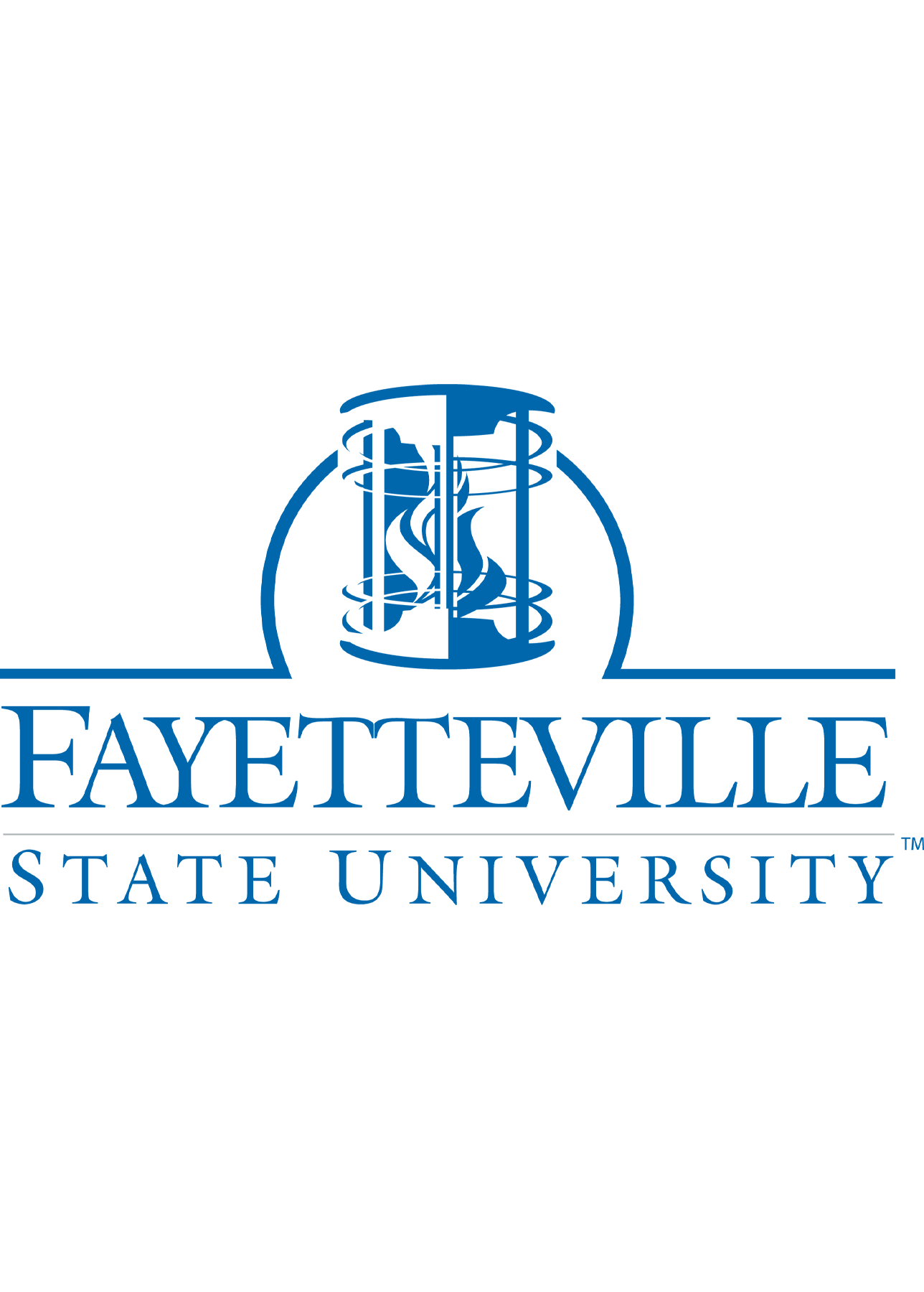
Fayetteville State University
Intelligent Score: 98.1Undergraduate Tuition
In-state: $2,982
Out-of-state: $14,590
Graduate Tuition
In-state: $3,438
Out-of-state: $3,438
Test scores
SAT: 840-1000
ACT: 16-20
ESTIMATED COST PER CREDIT
Resident: $224
Non-Resident: $560
DELIVERY FORMAT
Online
ACCREDITATION
Association to Advance Collegiate Schools of Business
REQUIRED CREDITS TO GRADUATE
39

DeSales University
Intelligent Score: 97.95Undergraduate Tuition
In-state: $38,500
Out-of-state: $38,500
Graduate Tuition
In-state: $20,520
Out-of-state: $20,520
Test scores
SAT: 1010-1240
ACT: 22-28
ESTIMATED COST PER CREDIT
$880
DELIVERY FORMAT
Online, On-Campus
ACCREDITATION
Accreditation Council for Business Schools and Programs
REQUIRED CREDITS TO GRADUATE
36

Herzing University
Intelligent Score: 97.15Undergraduate Tuition
In-state: $34,284
Out-of-state: $34,284
Graduate Tuition
In-state: $31,984
Out-of-state: $31,984
Test scores
SAT: 1,275 or better
ACT: 17 or better
ESTIMATED COST PER CREDIT
$536
DELIVERY FORMAT
Online
ACCREDITATION
International Accreditation Council for Business Education
REQUIRED CREDITS TO GRADUATE
33-36
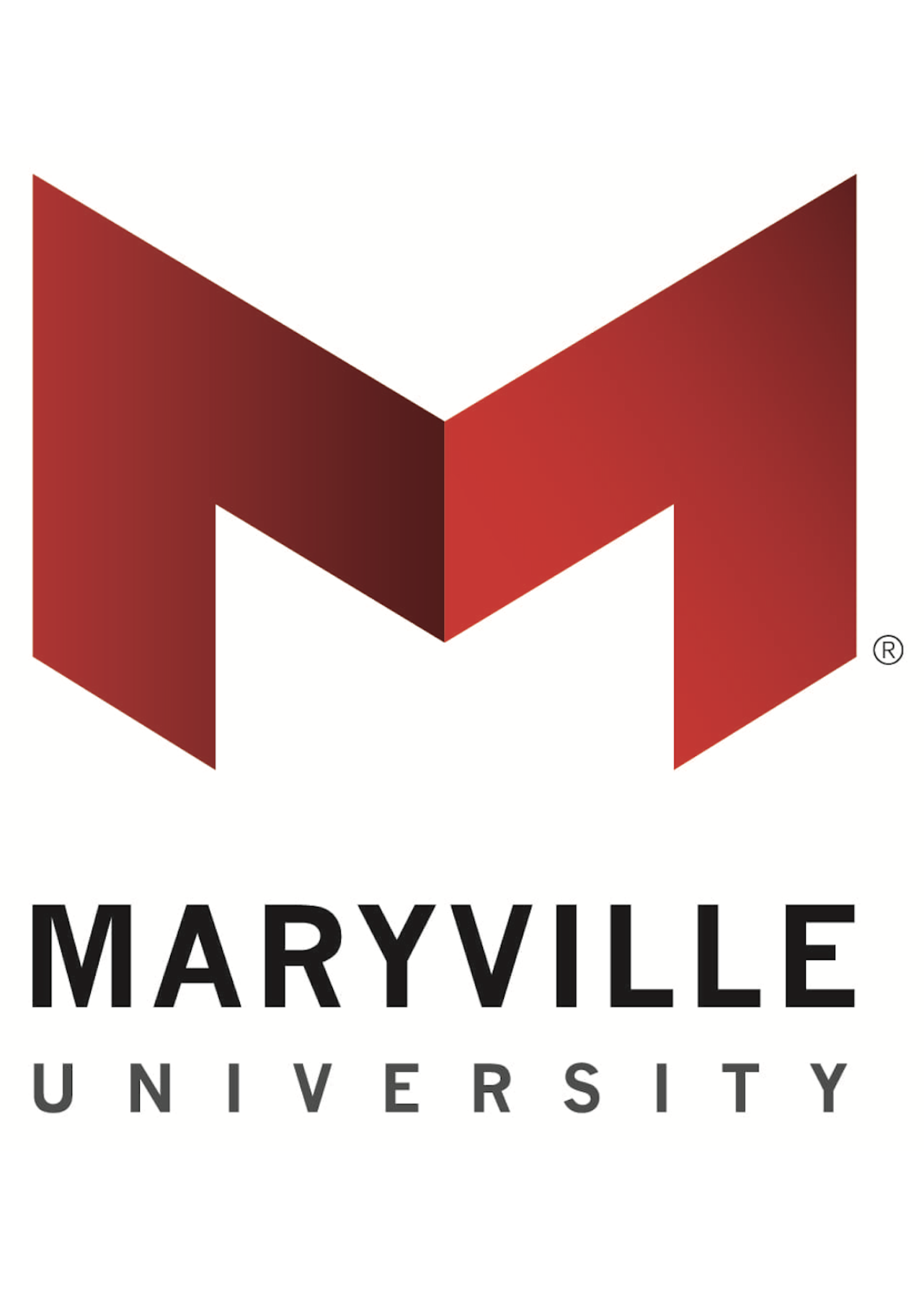
Maryville University
Intelligent Score: 96.64Undergraduate Tuition
In-state: $24,766
Out-of-state: $24,766
Graduate Tuition
In-state: $14,346
Out-of-state: $14,346
Test scores
SAT: N/A
ACT: N/A
ESTIMATED COST PER CREDIT
$714
DELIVERY FORMAT
Online
ACCREDITATION
Accreditation Council for Business Schools and Programs
REQUIRED CREDITS TO GRADUATE
39
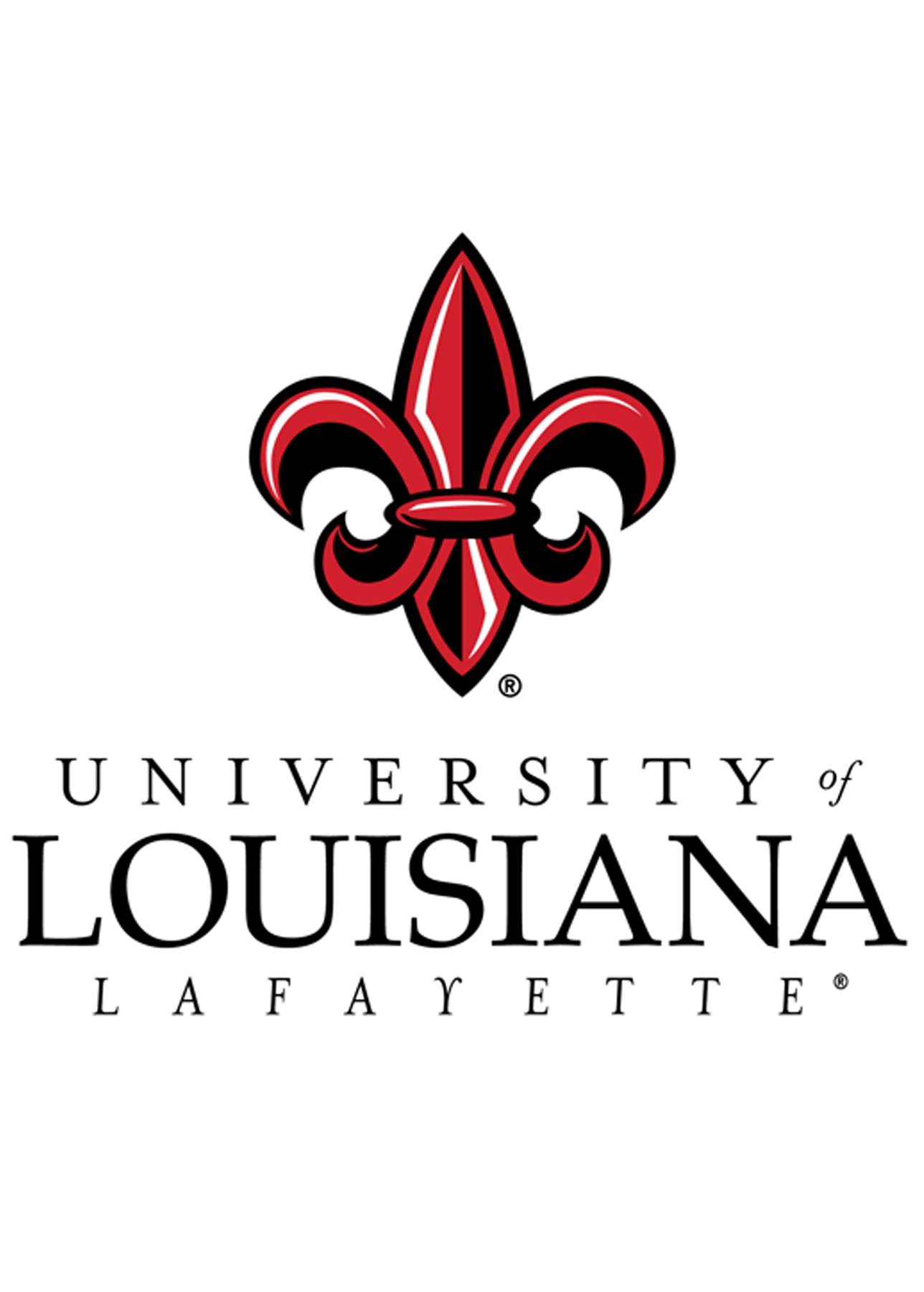
University of Louisiana at Lafayette
Intelligent Score: 96.25Undergraduate Tuition
In-state: $5,407
Out-of-state: $19,135
Graduate Tuition
In-state: $5,511
Out-of-state: $5,511
Test scores
SAT: 1000-1210
ACT: 20-26
ESTIMATED COST PER CREDIT
$387
DELIVERY FORMAT
Online
ACCREDITATION
Association to Advance Collegiate Schools of Business
REQUIRED CREDITS TO GRADUATE
33

Wright State University
Intelligent Score: 93.38Undergraduate Tuition
In-state: $9,469
Out-of-state: $18,887
Graduate Tuition
In-state: $14,298
Out-of-state: $14,298
Test scores
SAT: 958-1220
ACT: 18-25
ESTIMATED COST PER CREDIT
Resident: $760
Non-Resident: $1,225
DELIVERY FORMAT
Online
ACCREDITATION
Association to Advance Collegiate Schools of Business
REQUIRED CREDITS TO GRADUATE
33
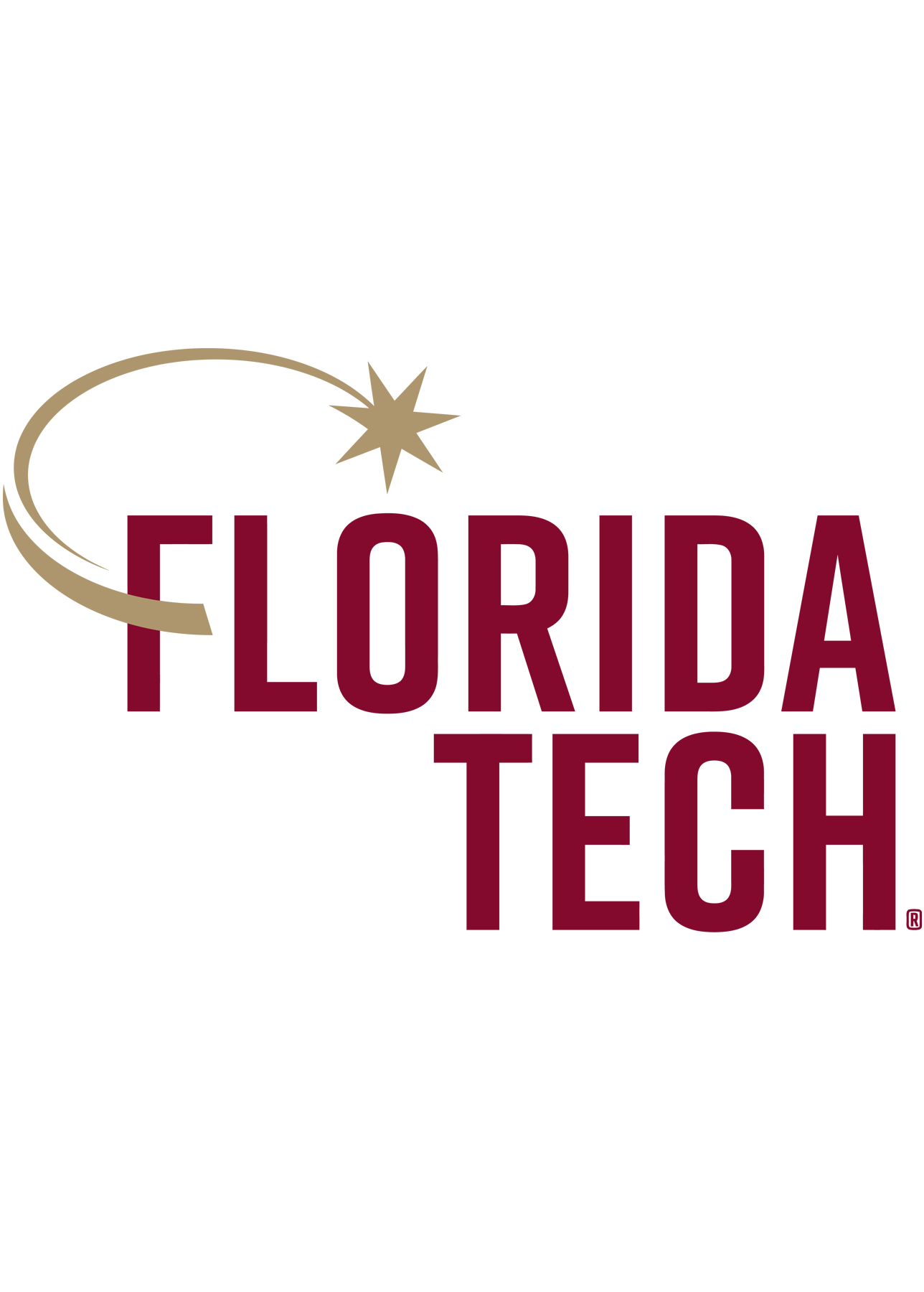
Florida Tech
Intelligent Score: 92.67Undergraduate Tuition
In-state: $42,346
Out-of-state: $42,346
Graduate Tuition
In-state: $22,338
Out-of-state: $22,338
Test scores
SAT: 1130-1330
ACT: 23-30
ESTIMATED COST PER CREDIT
$896
DELIVERY FORMAT
Online
ACCREDITATION
Southern Association of Colleges and Schools Commission on Colleges
REQUIRED CREDITS TO GRADUATE
36

Liberty University
Intelligent Score: 92.54Undergraduate Tuition
In-state: $14,791
Out-of-state: $14,791
Graduate Tuition
In-state: $7,935
Out-of-state: $7,935
Test scores
SAT: 1040-1250
ACT: 21-29
ESTIMATED COST PER CREDIT
$565 - $615
DELIVERY FORMAT
Online
ACCREDITATION
Accreditation Council for Business Schools and Programs
REQUIRED CREDITS TO GRADUATE
45

University of the Southwest
Intelligent Score: 91.32Undergraduate Tuition
In-state: $16,000
Out-of-state: $16,000
Graduate Tuition
In-state: $22,500
Out-of-state: $22,500
Test scores
SAT: N/A
ACT: N/A
ESTIMATED COST PER CREDIT
$649
DELIVERY FORMAT
Online
ACCREDITATION
International Accreditation Council for Business Education
REQUIRED CREDITS TO GRADUATE
36
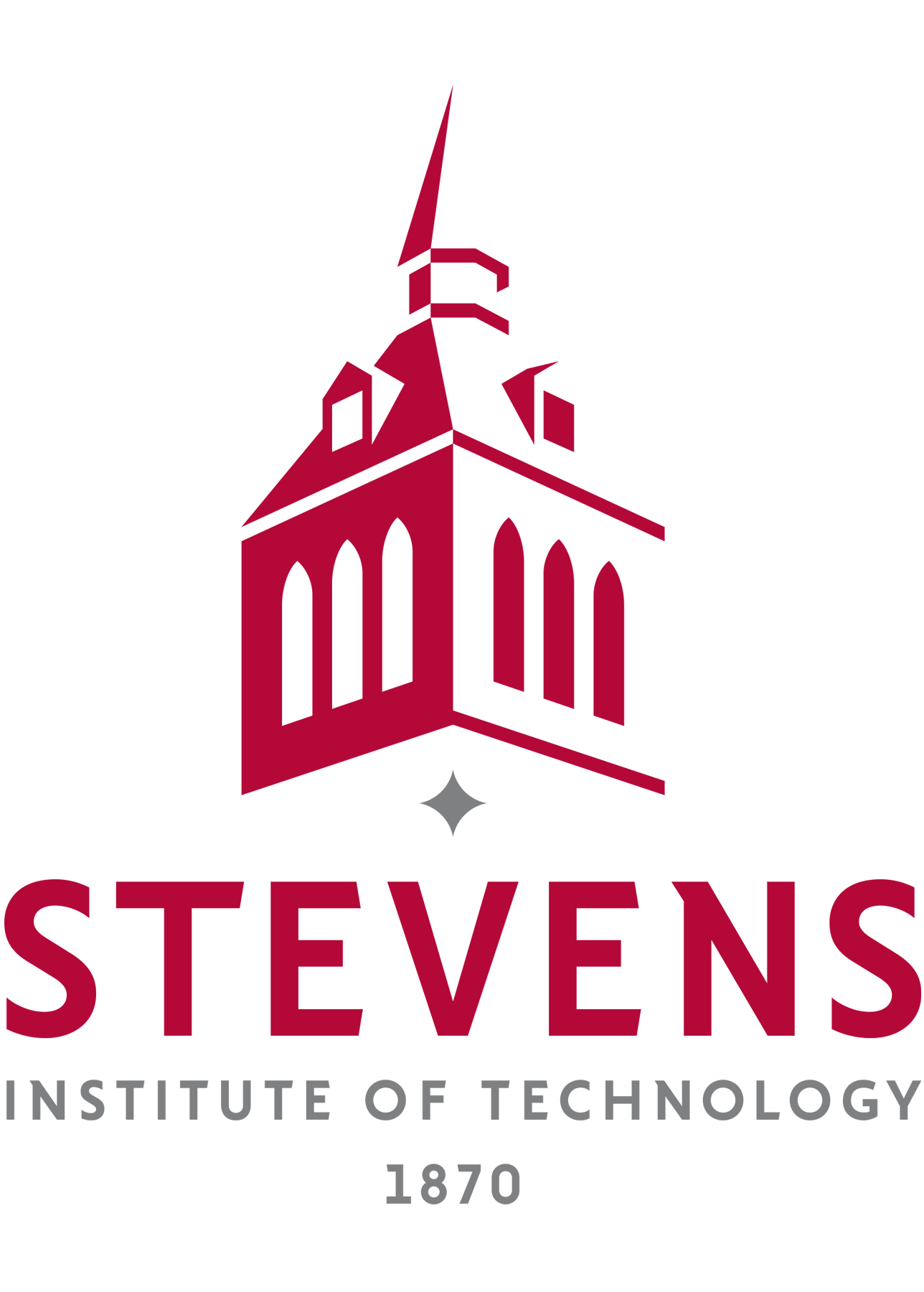
Stevens Institute of Technology
Intelligent Score: 91.11Undergraduate Tuition
In-state: $53,828
Out-of-state: $53,828
Graduate Tuition
In-state: $37,414
Out-of-state: $37,414
Test scores
SAT: 1320-1480
ACT: 31-34
ESTIMATED COST PER CREDIT
$1,776
DELIVERY FORMAT
Online, On-Campus
ACCREDITATION
Association to Advance Collegiate Schools of Business
REQUIRED CREDITS TO GRADUATE
39-48

Cornerstone University
Intelligent Score: 90.78Undergraduate Tuition
In-state: $26,250
Out-of-state: $26,250
Graduate Tuition
In-state: $13,920
Out-of-state: $13,920
Test scores
SAT: 1040-1060
ACT: 19-26
ESTIMATED COST PER CREDIT
$610
DELIVERY FORMAT
Online, On-Campus
ACCREDITATION
Accreditation Council for Business Schools and Programs
REQUIRED CREDITS TO GRADUATE
38
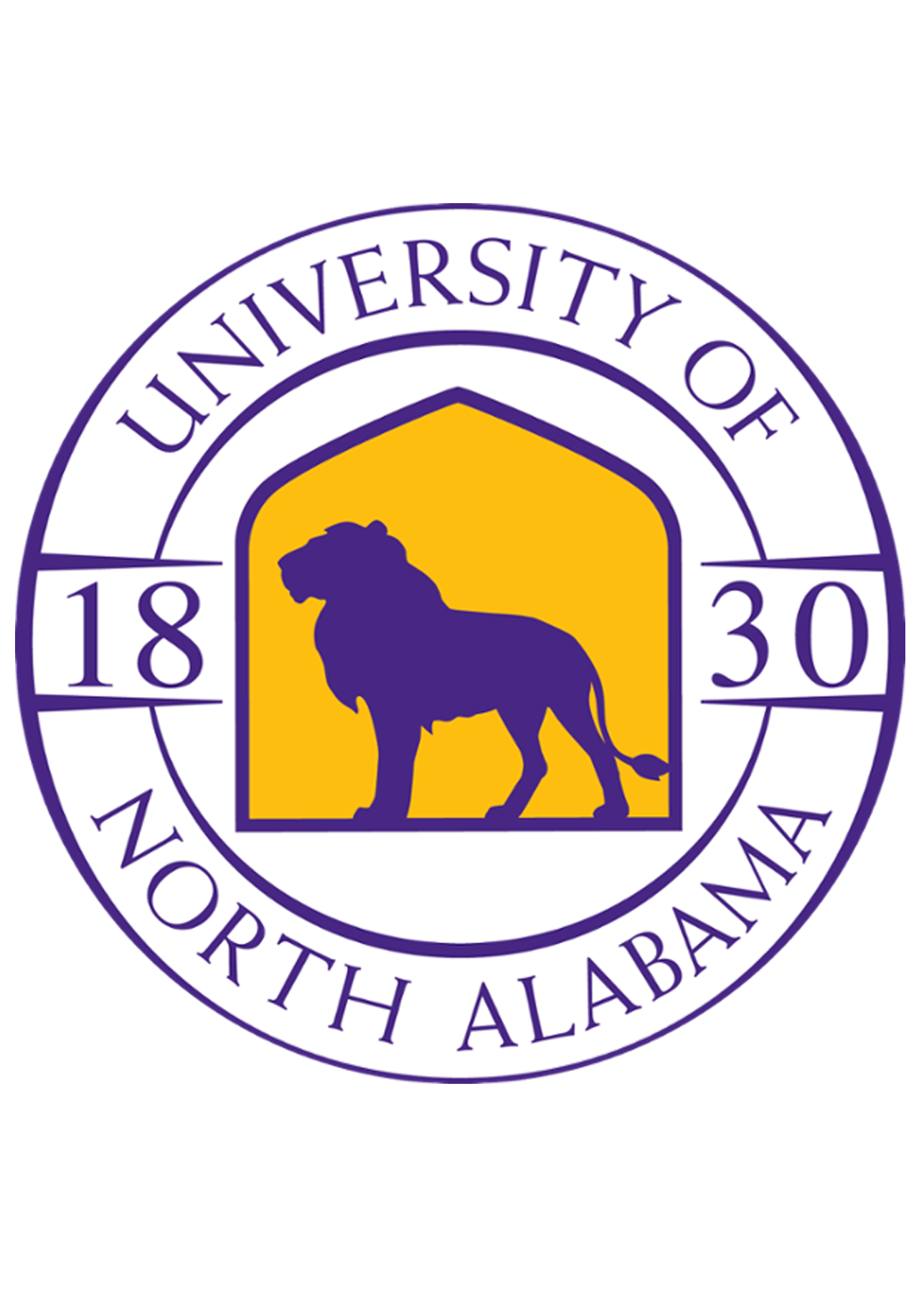
University of North Alabama
Intelligent Score: 90.53Undergraduate Tuition
In-state: $9,600
Out-of-state: $19,200
Graduate Tuition
In-state: $6,660
Out-of-state: $6,660
Test scores
SAT: N/A
ACT: N/A
ESTIMATED COST PER CREDIT
$575
DELIVERY FORMAT
Online, On-Campus
ACCREDITATION
Association to Advance Collegiate Schools of Business
REQUIRED CREDITS TO GRADUATE
36
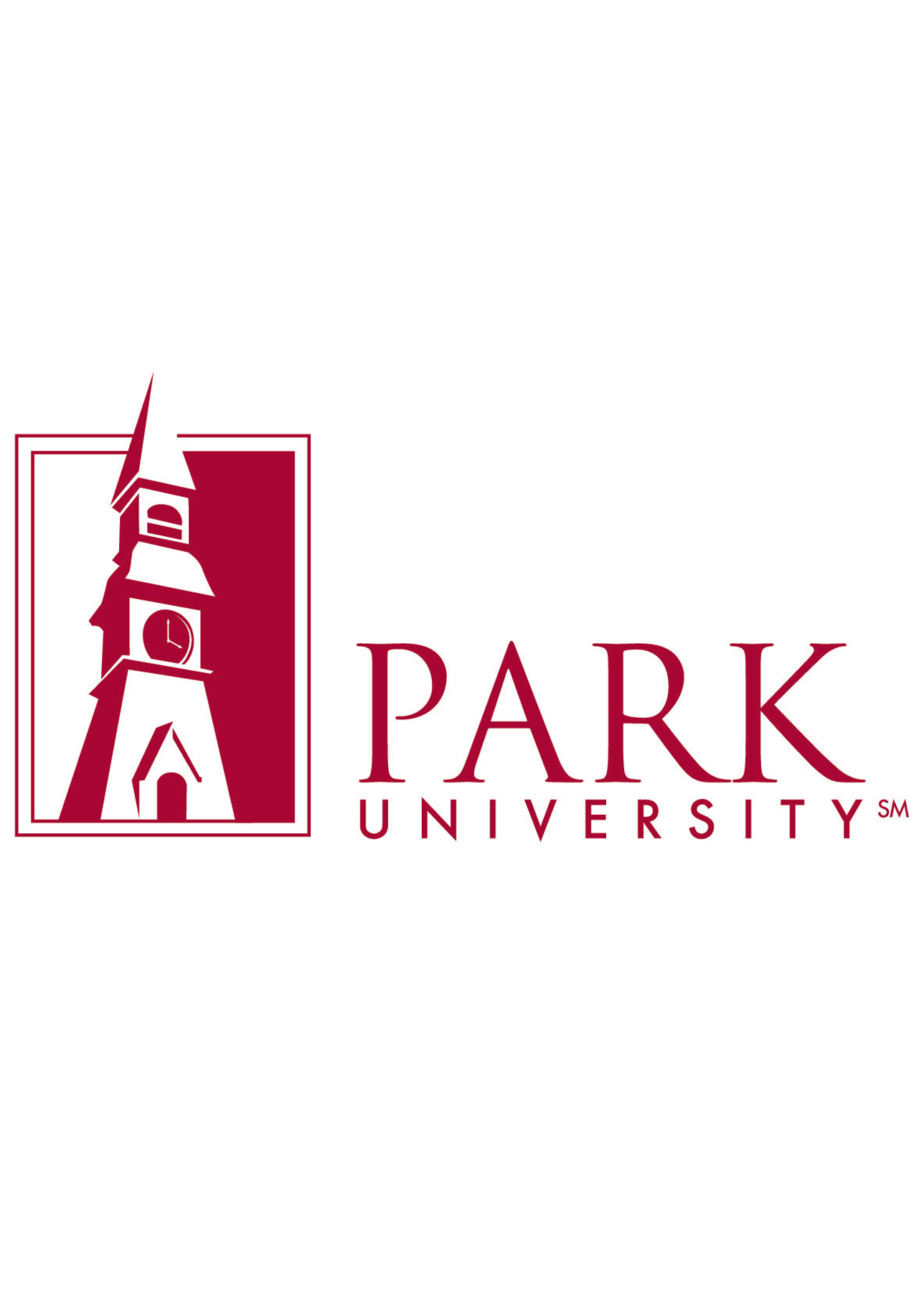
Park University
Intelligent Score: 89.47Undergraduate Tuition
In-state: $8,251
Out-of-state: $8,251
Graduate Tuition
In-state: $6,224
Out-of-state: $6,224
Test scores
SAT: N/A
ACT: N/A
ESTIMATED COST PER CREDIT
$580
DELIVERY FORMAT
Online
ACCREDITATION
Accreditation Council for Business Schools and Programs
REQUIRED CREDITS TO GRADUATE
33
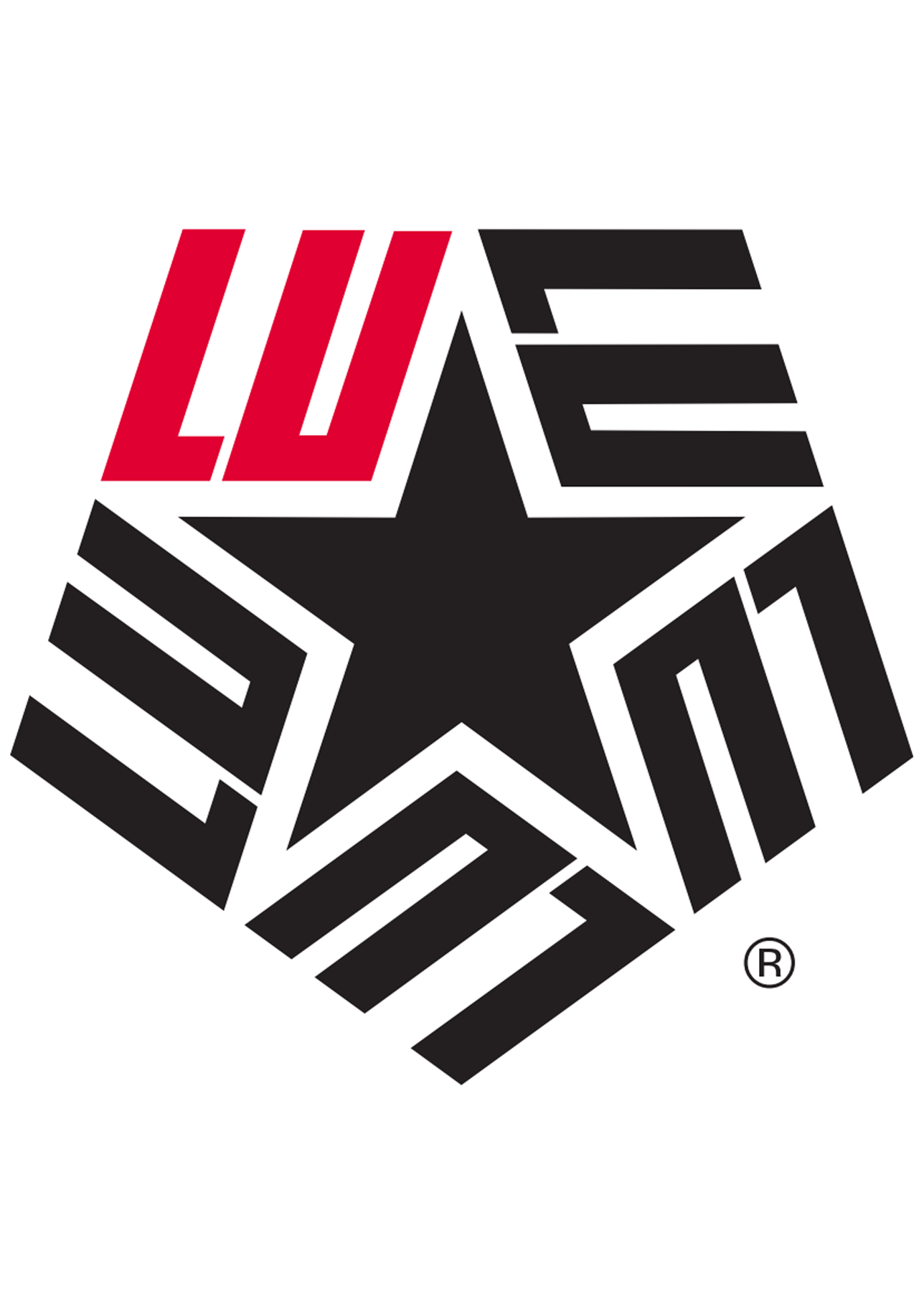
Lamar University
Intelligent Score: 89.08Undergraduate Tuition
In-state: $6,129
Out-of-state: $15,945
Graduate Tuition
In-state: $6,397
Out-of-state: $6,397
Test scores
SAT: 943-1140
ACT: 17-23
ESTIMATED COST PER CREDIT
$505
DELIVERY FORMAT
Online
ACCREDITATION
Association to Advance Collegiate Schools of Business
REQUIRED CREDITS TO GRADUATE
30

Saint Leo University
Intelligent Score: 89.05Undergraduate Tuition
In-state: $23,990
Out-of-state: $23,990
Graduate Tuition
In-state: $14,568
Out-of-state: $14,568
Test scores
SAT: N/A
ACT: N/A
ESTIMATED COST PER CREDIT
$780
DELIVERY FORMAT
Online, On-Campus
ACCREDITATION
Southern Association of Colleges and Schools Commission on Colleges
REQUIRED CREDITS TO GRADUATE
36

Colorado Christian University
Intelligent Score: 88.97Undergraduate Tuition
In-state: $24,160
Out-of-state: $24,160
Graduate Tuition
In-state: $13,474
Out-of-state: $13,474
Test scores
SAT: N/A
ACT: N/A
ESTIMATED COST PER CREDIT
$628
DELIVERY FORMAT
Online
ACCREDITATION
Higher Learning Commission
REQUIRED CREDITS TO GRADUATE
39
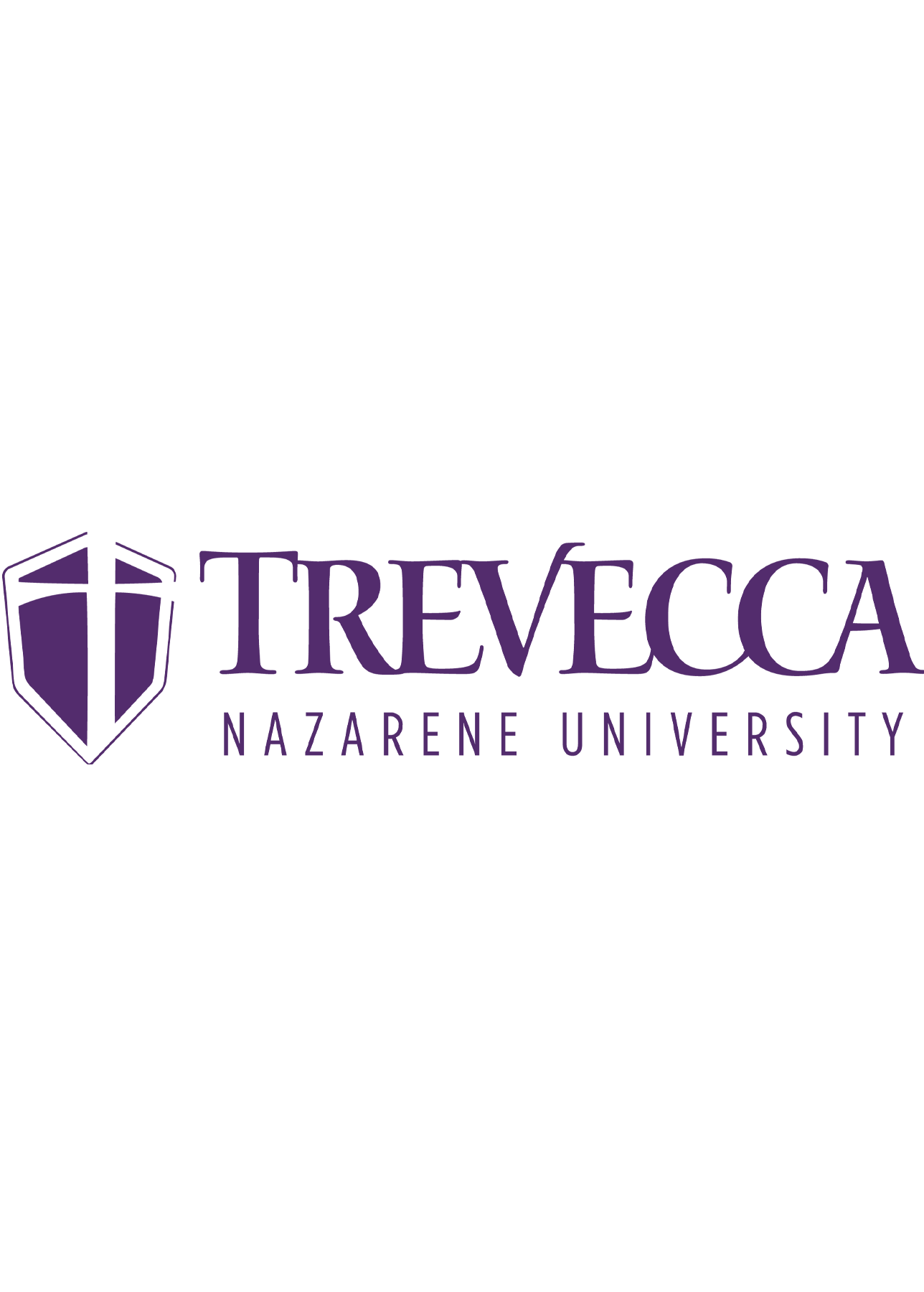
Trevecca Nazarene University
Intelligent Score: 87.69Undergraduate Tuition
In-state: $25,998
Out-of-state: $25,998
Graduate Tuition
In-state: $8,982
Out-of-state: $8,982
Test scores
SAT: 1040-1253
ACT: 20-25
ESTIMATED COST PER CREDIT
$590
DELIVERY FORMAT
Online, On-Campus
ACCREDITATION
Southern Association of Colleges and Schools Commission on Colleges
REQUIRED CREDITS TO GRADUATE
36
How We Rank Schools
This list focuses on programs that are delivered fully or primarily online to ensure the greatest accessibility for the highest number of students. In instances where programs are available both online and on-campus, students may be able to earn their degree in a hybrid format.
All of the schools on this list are regionally accredited, and many of these options also have programmatic accreditation from the Association to Advance Collegiate Schools of Business (AACSB) or the Accreditation Council for Business Schools and Programs (ACBSP).
We evaluated each program based on reputation, outcomes, flexibility, faculty, and cost. Then, we calculated an Intelligent Score on a scale of 0 to 100 for each program. For a more extensive explanation, check out Our Ranking Methodology.
What Can You Expect From an Online MBA in Project Management Degree Program?
An online MBA in project management provides the versatile, comprehensive education needed to excel in project-based roles in various industries. Most curricula include multiple topics, including project planning, risk management, budgeting, leadership, and stakeholder communication. Students can expect to learn about various project management methodologies, tools, and techniques to effectively initiate, plan, execute, monitor, and close projects. If studying full-time, most students complete degree requirements in one-and-a-half to two years.
Many students seek out online education because of the flexibility it offers. Students can access coursework and lectures from anywhere, allowing them to study independently while balancing personal and professional commitments. In most cases, these programs don’t have in-person obligations or residencies, making them ideal for people who cannot relocate or commit to full-time on-campus study. However, some online programs may require students to attend occasional on-campus or virtual residency sessions for collaborative projects, networking, or immersive experiences. Still, these are typically limited and not a major program component.
Potential courses you’ll take in an online MBA in project management program
- Project Planning and Execution: A common core requirement, this course focuses on the fundamentals of project planning, scheduling, and execution. Students will learn to define project scope, create work breakdown structures, develop schedules, and allocate resources.
- Risk Management in Projects: This course explores the identification, analysis, and mitigation of risks in project management, therefore building a crucial skill set that employers respect. Students will learn various techniques to assess project risks, develop risk response strategies, and monitor risk throughout the project lifecycle. They develop practical skills to manage uncertainties and minimize potential project disruptions effectively.
- Leadership and Team Management: An elective in most curricula, this class delves into the essential principles of leadership and team management in project-based environments. Students will study leadership styles, team dynamics, conflict resolution, and motivation techniques. They will acquire the necessary skills to lead and manage diverse project teams, fostering collaboration and achieving project objectives.
- Strategic Project Management: This class examines the strategic aspects of project management, integrating projects into organizational strategies. Students gain expertise in aligning project goals with business objectives, conducting feasibility analysis, prioritizing projects, and evaluating project success. They will develop the ability to think strategically and make informed decisions in managing projects within the broader organizational context.
- Agile Project Management: A crucial cornerstone in project management, this course introduces students to agile methodologies and their application in the profession. Students will become proficient in agile principles, frameworks like Scrum and Kansan, and iterative project delivery. They will gain insights into adapting to changing project requirements, enhancing team productivity, and fostering customer collaboration for successful project outcomes in dynamic environments.
What Can You Do With an Online MBA in Project Management?
Career outlook
Since project managers work across most sectors of the business world, a person with an MBA in project management can choose to specialize in an area that interests them. For example, you could focus on the healthcare industry, where project managers work in hospitals, clinics, and health systems, ensuring that operations run smoothly and projects are completed correctly, on time, and on budget.
Here are some other common career paths for an individual with training in project management:
- Project management specialist — Oversee all aspects of a project, including budgeting, staffing, training, and progress monitoring.
- Median annual salary: $98,580
- Projected employment growth (through 2032): 6%
- New job openings projected: 68,100 annually
- Information systems manager — Assess an organization’s technology needs, plan IT projects, and hire and supervise IT staff.
- Median annual salary: $169,510
- Projected employment growth (through 2032): 15%
- New job openings projected: 46,900 annually
- Management analyst — Advise organizations on how to increase revenue, reduce expenses, and improve efficiency.
- Median annual salary: $99,410
- Projected employment growth (through 2032): 10%
- New job openings projected: 92,900 annually
Online MBA in Project Management Degree Frequently Asked Questions
How do I apply to an online MBA in project management degree program?
While many colleges and universities share similar application criteria, such as transcripts from all previous institutions, letters of recommendation, and a statement of purpose, some schools may have additional, specific requirements. For example, some schools require standardized test scores like the GMAT or GRE, while others may have moved to a test-optional policy or provide waivers based on work experience. For these reasons, speaking with an admissions counselor while you’re in the initial phases of preparing your applications is essential. They can provide guidance on specific requirements, deadlines, and additional information you’ll need for a successful application.
How much does an online MBA in project management degree cost?
On average, the annual cost of graduate school tuition is $12,596 at public universities and $28,017 at private universities. It’s essential to factor in additional expenses as well, like textbooks, learning materials, and technology, when determining how much a program will cost. You’ll also want to account for travel costs if your program’s curriculum requires any in-person workshops or residencies.
How long does it take to earn an online MBA in project management degree?
On average, most students take 18 months to two years to complete a full-time online MBA program. However, part-time options are often available, allowing students to extend the duration to suit their needs better. The number of required credits also impacts program length, with most online MBA programs typically ranging from 36 to 54 credits. It’s important to note that online programs may have different completion times than their in-person counterparts, as they allow students to balance their studies with personal and professional commitments. This variance can shorten or extend the timeline depending on individual circumstances.
Is an online MBA in project management worth it?
An online MBA in project management can be a valuable investment for individuals seeking to advance their careers. This MBA program offers a unique blend of business knowledge and specialized project management skills that can enhance a professional’s marketability and potential for career growth.
One of the key advantages of pursuing an online MBA in project management is the diverse job opportunities it opens up. Graduates can assume roles as project managers, program managers, consultants, and leaders in various sectors, including IT, construction, healthcare, finance, and more.
In addition, an MBA curriculum equips students with a comprehensive understanding of business principles, strategic planning, and financial management. This holistic approach to project management sets MBA holders apart from individuals with only technical project management skills.
Online programs are an especially good fit for adult learners with personal or professional commitments that limit their availability to attend classes on campus.
